February 16th was World Whale Day. This day is dedicated to raising awareness of whales, their importance, and the threats they face so that we can help greatly reduce our impact on their lives.
The significance and remarkable essence of their existence are more profound than we may realize. Whales share similarities with human culture, and our connections with them are valuable and sustainable for our planet.
First, whales exhibit an incredible resemblance of language to our own. Researchers have discovered that humpback whales produce songs in a manner similar to how humans structure language and can create new phrases within the songs they sing, passing them to one another. Recognizing that whales have similar language patterns to humans indicates that they are intelligent and capable of forming complex relationships with one another, just as we do. This understanding fosters compassion and connection with other species.
Second, the presence of whales in the oceans greatly contributes to regulating our climate, which supports our daily lives. They are often referred to as the gardeners of the seas. Whale feces help fertilize the phytoplankton on the ocean’s surface. Phytoplankton are vital because they function like plants, absorbing carbon dioxide from the air, producing oxygen, and serving as the foundation of the aquatic food web. Thus, by nature, whales play a crucial role in maintaining the planet's balance.
Unfortunately, 6 out of 13 whale species are classified as endangered or vulnerable. It is estimated that 300,000 whales and dolphins die each year due to fishing bycatch. Other threats include being struck by vessels, habitat destruction, and the depletion of food sources such as krill. Krill are tiny crustaceans that serve as a primary food source for whales and other marine life. Unfortunately, krill is sought after for human consumption, either used in dishes or desired for its oil, as Western consumers are seeking pure sources of Omega-3. Additionally, krill is used in fishmeal to feed farmed fish and has become increasingly common in popular pet food.
There are many ways we can help protect whales. This includes:
1. Reducing our consumption of fish products can prevent whales from becoming bycatch in large-scale fishing. Additionally, consuming fish leads to the depletion of food sources available for whales.
2. Reject cruise vacations since they damage marine habitats and significantly pollute the oceans. Many cruise ships navigate into the most delicate marine environments, posing a risk to marine life. Moreover, the U.S. government permits cruise ships to discharge wastewater from sinks, showers, laundry, and toilets just three and a half miles off the coast. Friends of the Earth reports that over a billion tons of sewage are released into the ocean each year.
3. Our global society can stop buying krill-based products such as omega-3 oils and pet food that contain krill. As well as not eating farmed fish that are fed krill to protect critical krill populations and the marine life like whales who consume it.
Once we grasp the vital roles that other species play on Earth and recognize that they, too, lead complex and rich lives, we can then turn the tide toward a more compassionate and sustainable future for all.
References:
1. Graham, Wendy. 2024, December 9th. The Animal Awareness Days and Dates to Know in 2025. www.moralfibres.co.uk. https://moralfibres.co.uk/animal-awareness-days-dates/#h-march-endangered-animal-awareness-days
2. Joseph, Jordan. 2025, February 8th. Whale Songs Share Very Similar Patterns with Human Language. www.earth.com. https://www.earth.com/news/whale-songs-share-very-similar-patterns-with-human-language/
3. Josep Lloret, Arnau Carreño, Hrvoje Carić, Joan San, Lora E. Fleming., (2021), Environmental and human health impacts of cruise tourism: A review. Marine Pollution Bulletin. Volume 173, Part A.
4. Friends of the Earth. Cruise Ship Report Card. www.foe.org. https://foe.org/cruise-report-card/
5. Sea Shepherd. 2022, December 9th. How a tiny crustacean in Antarctica may be the key to saving the planet. www.seashepherd.org.https://www.seashepherdglobal.org/latest-news/antarctic-krill/


